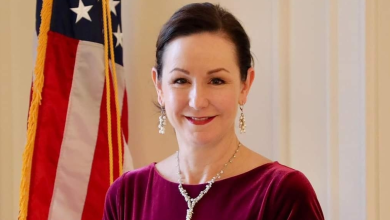Government Urges Home Seekers to Ensure Legal Acquisitions Amid Demolitions

The Zimbabwean government has called on prospective homeowners to ensure that their property acquisitions and constructions comply with legal standards. This appeal comes as the nation intensifies efforts to deliver one million housing units by 2025, a significant increase from the initial target of 220,000 units under the National Development Strategy 1 (NDS1).
Addressing Illegal Structures and Demolitions
Recent demolitions of illegal structures in Harare have left many property owners distressed. The Harare City Council has been actively removing houses built without proper authorization, particularly those erected on wetlands and other unsuitable areas. These actions underscore the critical need for due diligence in property acquisition to avoid the repercussions of illegal settlements.
Government’s Stance on Demolitions
Justice Minister Ziyambi Ziyambi has stated that the government is investigating recent demolitions carried out by the Harare City Council without court orders. He emphasized that while some structures were illegally constructed, due process must be followed in any demolition exercise.
Public-Private Partnerships in Housing Delivery
To achieve the ambitious target of one million housing units by 2025, the government is leveraging Public-Private Partnerships (PPPs). These collaborations are deemed crucial in accelerating housing delivery and ensuring that settlements are equipped with necessary amenities such as roads, schools, and shopping centers.
Call to Action for Home Seekers
The government advises all potential home seekers to engage only with registered and reputable property developers. Acquiring land through proper channels and ensuring that all necessary permits are obtained before construction can prevent future disputes and the risk of demolitions.
Conclusion
As Zimbabwe strives towards its housing delivery goals, the collaboration between government authorities, private sector stakeholders, and citizens is essential. Ensuring that all housing developments are legally compliant will contribute to sustainable urban development and the well-being of communities across the nation.




